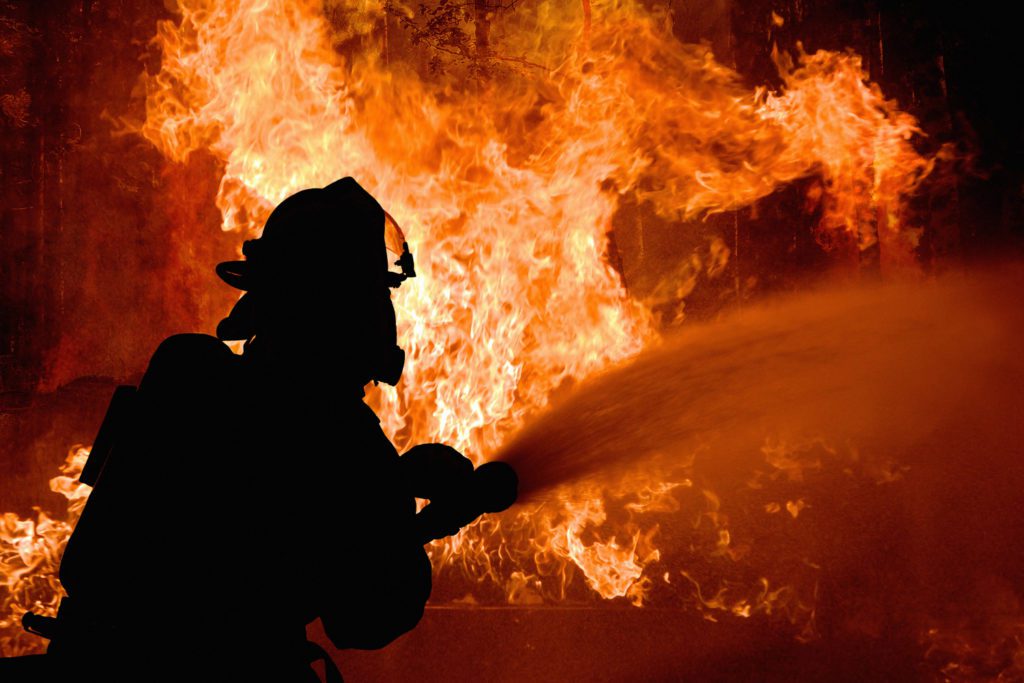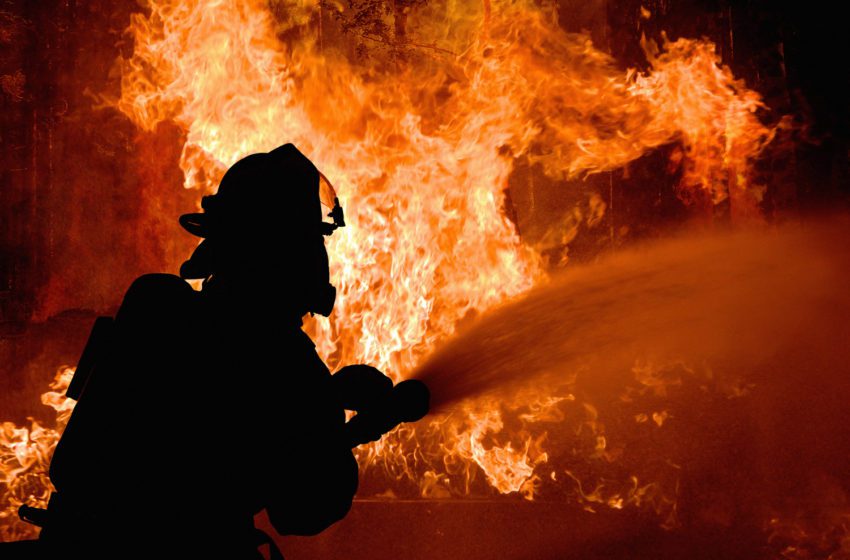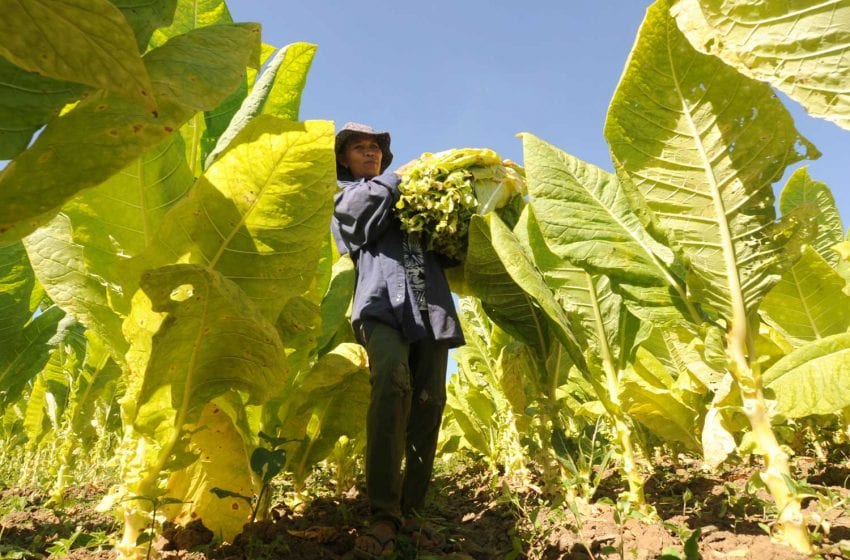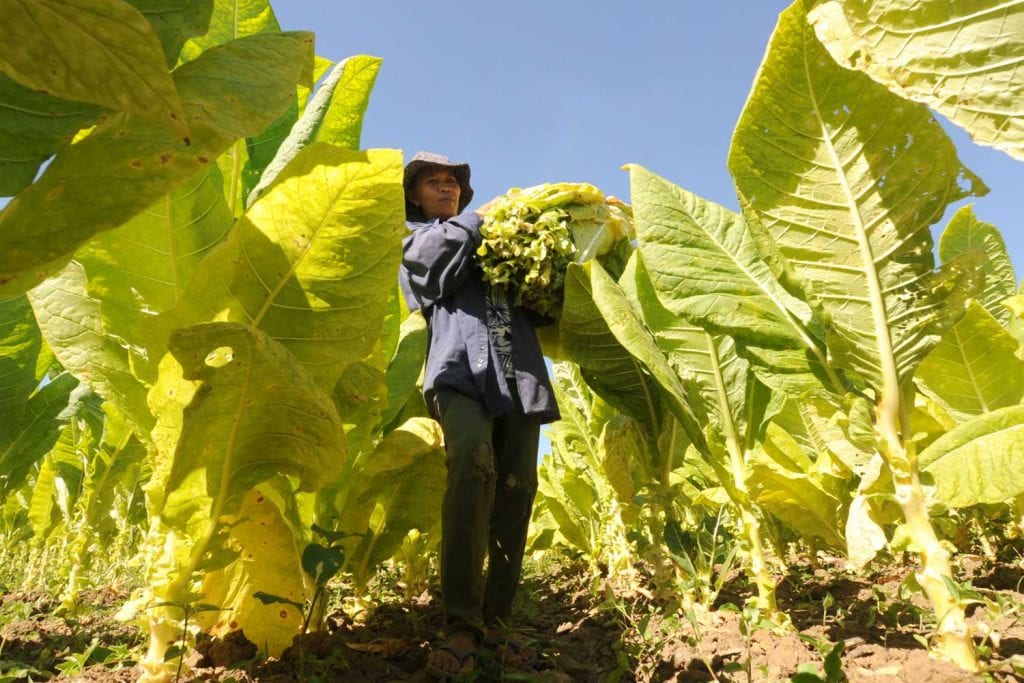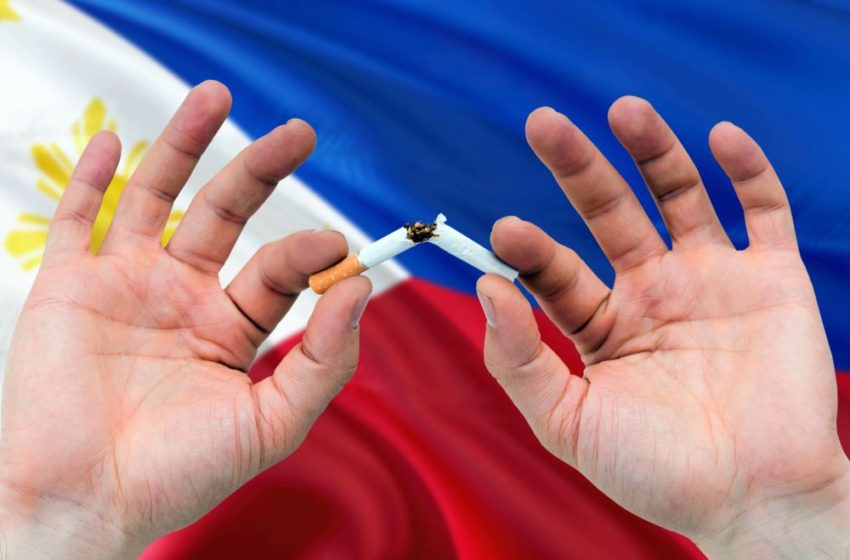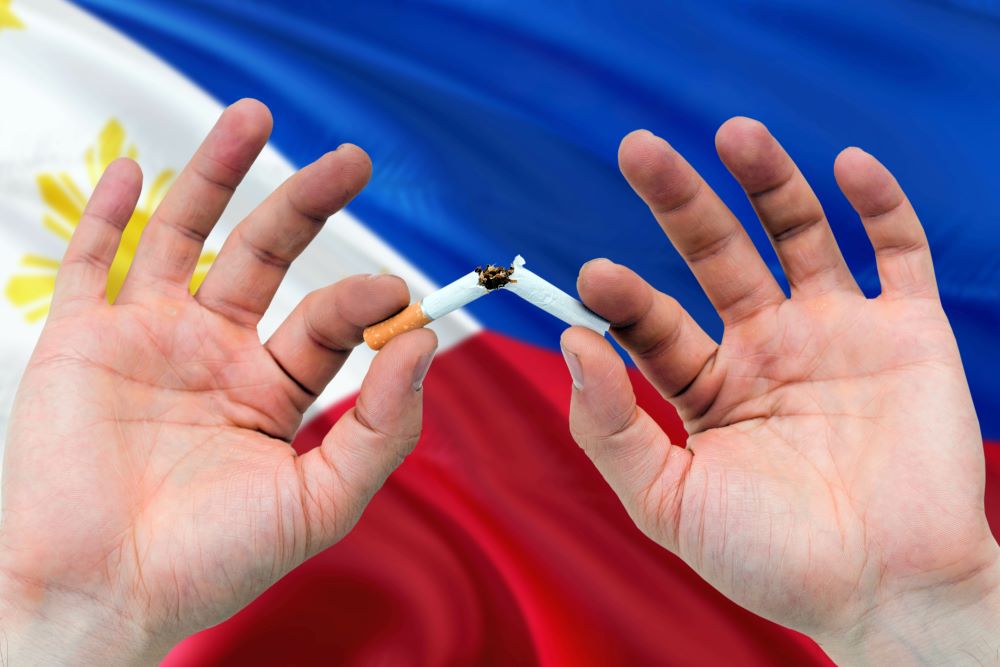Philippines President Ferdinand Marcos Jr. has shut the International Criminal Court (ICC) out of the country as it attempts to investigate former President Rodrigo Duterte’s War on Drugs, reports Filter, citing Reuters. “That ends all our involvement with the ICC …. At this point, we essentially are disengaging from any contact, any communication,” Marcos said.
The ICC opened an investigation into drug war killings under Duterte’s leadership in September 2021, focusing on two periods: November 2011 to June 2016, when Duterte spearheaded a similar campaign as mayor of Davao City, and up to March 2019, after Duterte became president but before he withdrew the country from the Rome Statute, the founding international treaty that created the ICC.
The ICC temporarily suspended the investigation in November 2021, stating that the Philippines was conducting its own investigation and that the court would decide how to proceed at a later point. The investigation was reopened in January 2023 after the ICC stated that the Philippines government was not conducting a serious investigation of its own. President Marcos appealed the decision, asking for another suspension, but that request was not granted.
“We cannot cooperate with the ICC,” Marcos said, “considering the very serious questions about their jurisdiction and about what we consider to be interference and practically attacks on the sovereignty of the republic.”
ICC rules dictate that it can investigate any crimes that happened in the country while it was still a treaty member.
“As of 2021, we still hear from local activists that extrajudicial killings are taking place,” said Ajeng Larasati, human rights lead for Harm Reduction International. “The Philippines in the past few months is still debating reinstating the death penalty for drug offenses as well. It doesn’t seem Marcos has taken any steps to make its drug policy better and more respectful of human rights.”
“Just the fact the ICC is reopening the case is already a good step,” said Larasati. “Although it may not end up in an investigation, it still gave the Philippines government a sense that the international community is watching.”
